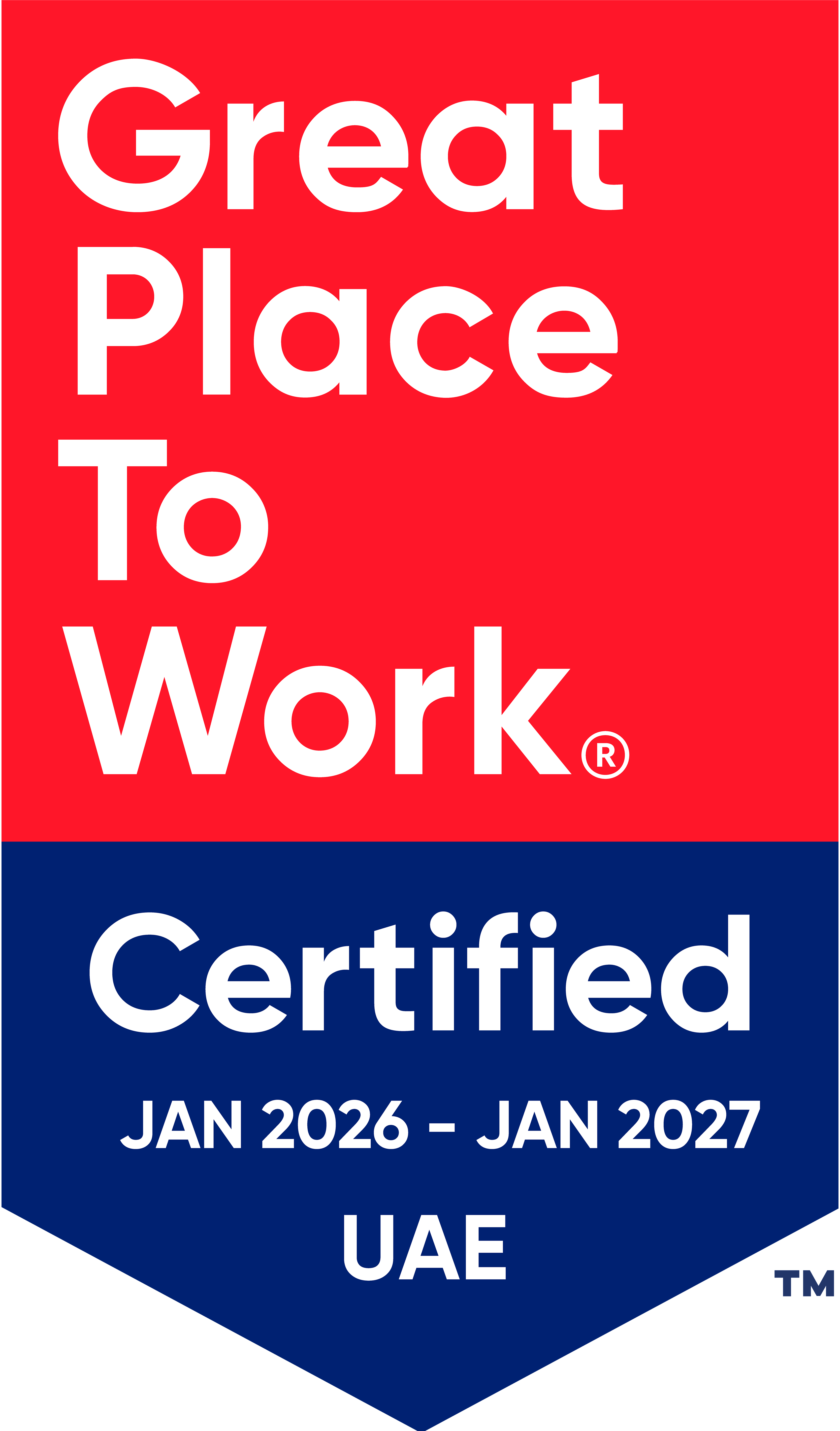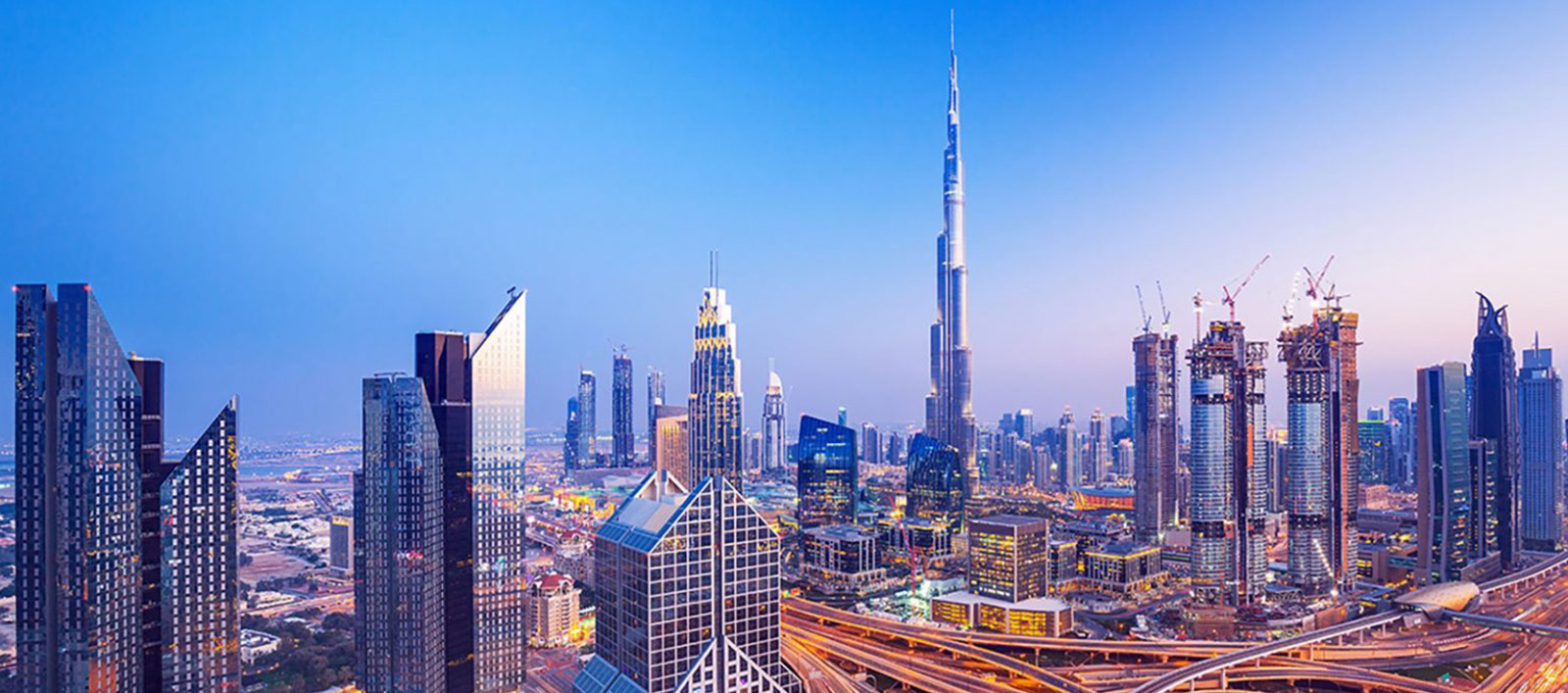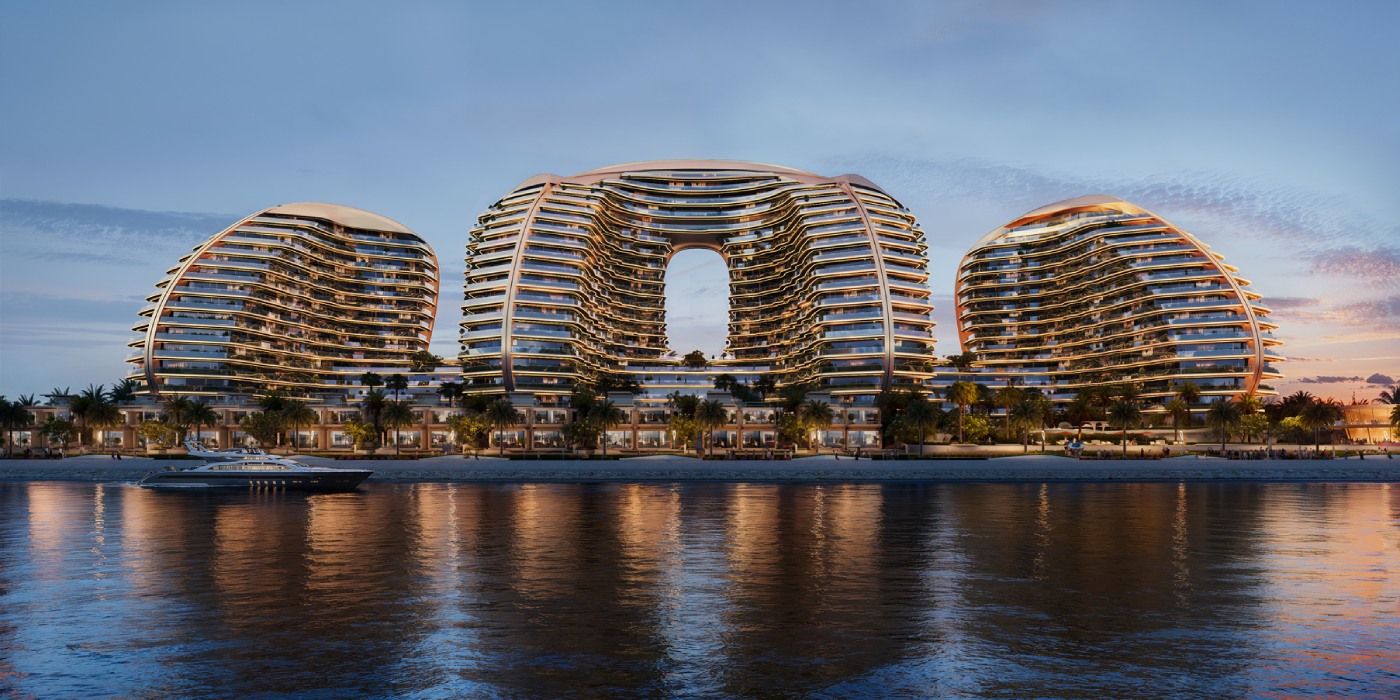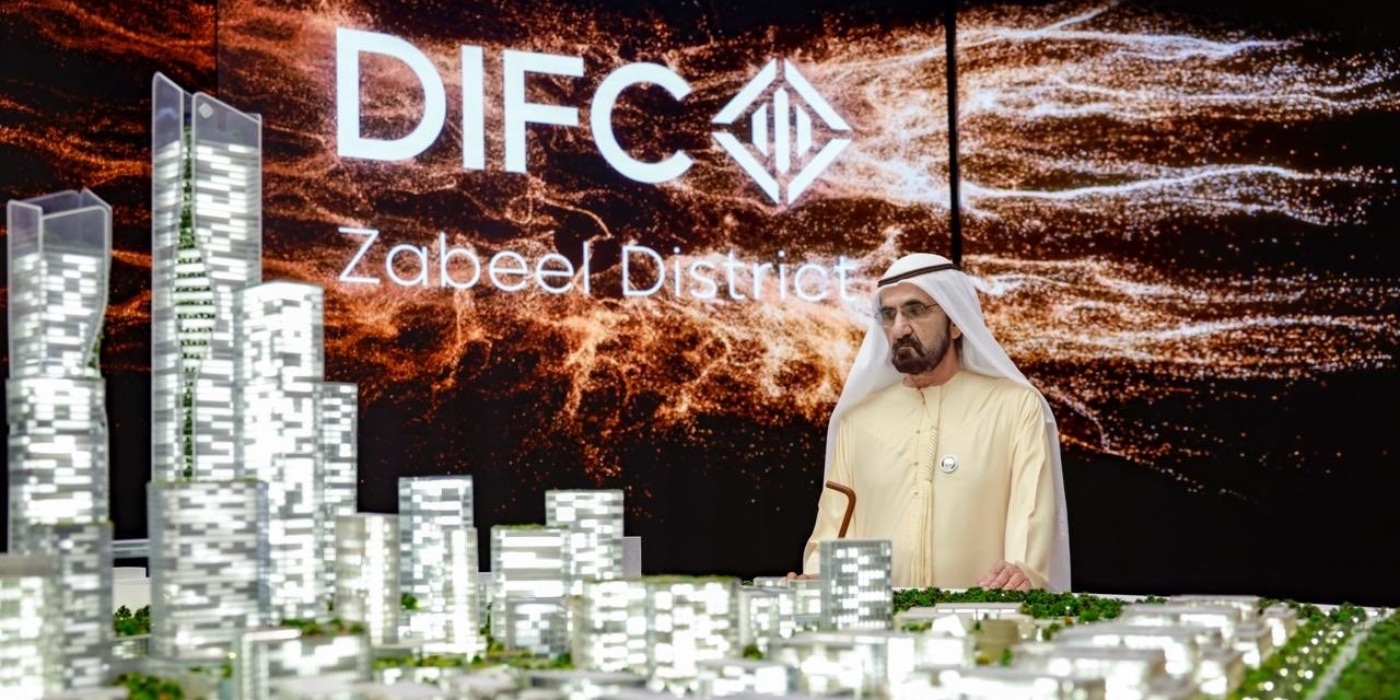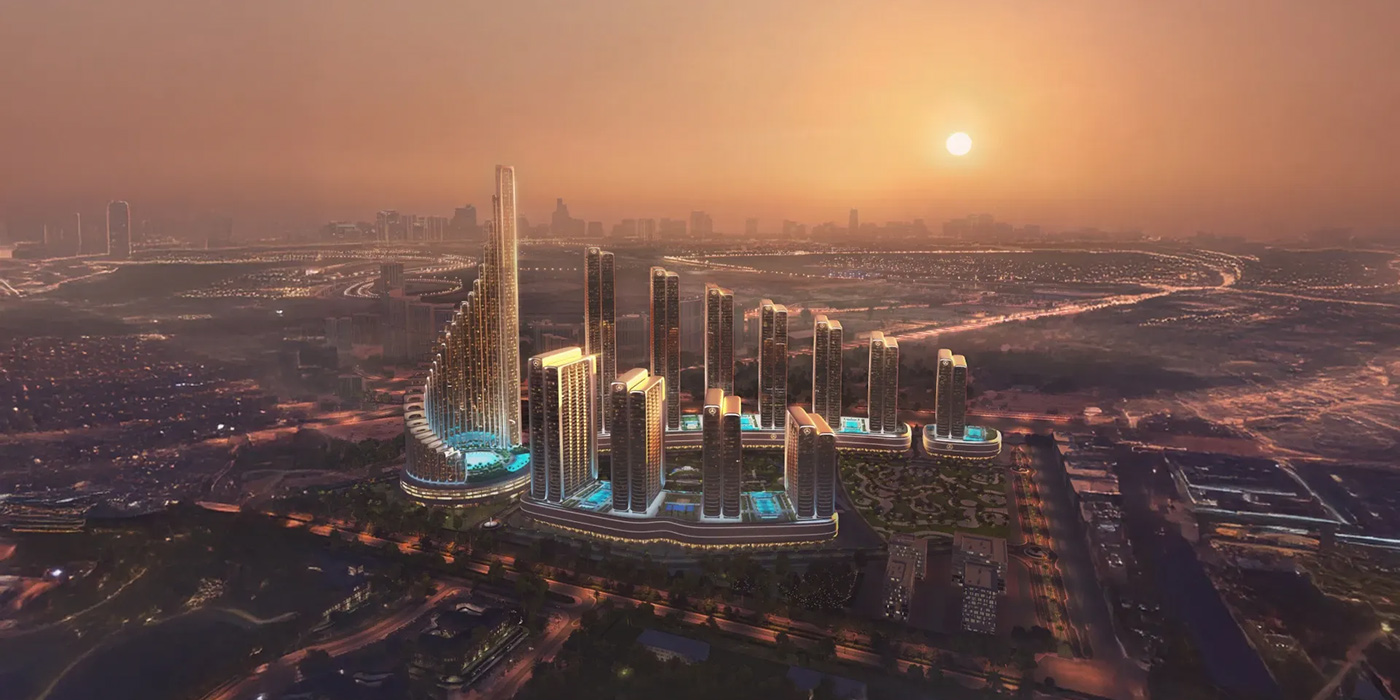UAE’s Business-Friendly Policies Attract More Global Investors
- Jul 30, 2022
The UAE is constructing a futuristic nation based on disruption and legacy, allowing future generations to capitalize on limitless prospects. The country has implemented new reforms and investor-friendly regulations that have compelled the global business world to take note of what the desert offers.
The growth of the MICE business across the country demonstrates that individuals are networking in person while maintaining all safety precautions. From January to May 2022, Dubai received 6.17 million overnight visitors, with 707,000 overseas tourists from India.
Covid-19’s management also contributed to the company’s rise to popularity by demonstrating that business could continue despite all odds through stimuli measures, digitalization, and remote working. “The UAE is becoming increasingly attractive with family offices and high-net-worth people” (HNWIs).
Our recently finished investor meeting in Monaco demonstrated that many investors see the UAE as one of the world’s most coveted global gateways, alongside Monaco, Saudi Arabia, and other fast-growing economic powerhouses. Impact investments and the Web3 ecosystem are among the most in-demand areas, particularly for startups.
“We see tremendous opportunities in our region as global venture capitalists increasingly seek to collaborate with local players here as a means of expanding business growth,” said Anthony Ritossa, Chairman, Ritossa Family Office, based in Dubai, who recently concluded the 19th Ritossa Family Office Investment Summit in Monaco with many Middle Eastern participants.
According to the ‘Global Venture Capital FDI Ranking 2022’ study produced by ‘fDi Intelligence’ based on data collected between 2003 and 2021, Dubai ranked first in Mena and tenth internationally in Global Venture Capital FDI Projects.
According to statistics from the ‘Dubai FDI Monitor,’ backed by Magnitt, 84 Dubai-based firms successfully attracted Venture Capital (VC) Backed FDI totalling Dh2.34 billion in 2021.
The Abrahamic Business Circle’s Investors Roundtable Dubai just finished with over 200 participants from various nations and industries.
The event included an overview of investment options, new technologies, collaboration consortia development, and insights from guest speakers, keynote speakers, inventors, innovators, and business owners.
Through investments, the Abrahamic Business Circle promotes economic diplomacy. The global business networking platform connects its users to a worldwide network that can help them raise cash, purchase and sell businesses, and find possible investments, joint ventures, distribution channels, and new clients.
“Our events are normally focused on economic diplomacy to improve private and governmental engagement to enhance economic growth in the area,” said Dr. Raphael Nagel, founder and chairman of the Abrahamic Business Circle and a well-known private equity investor and venture capitalist.
Arab countries have attracted 14,443 international projects totaling $1.3 trillion in Capex over the previous 19 years, according to the Arab Investment Export Credit Guarantee Corporation (Dhaman).
According to the corporation’s 37th annual report on the investment climate in Arab nations for 2022, the number of foreign direct investment projects entering the area increased by 37% between 2003 and 2021, while their CAPEX increased by 1%.
Between 2003 and 2021, the UAE got 41% of the foreign direct investment projects solicited by Arab nations.
According to the Kuwait-based firm, these initiatives have provided almost two million work prospects.The number of foreign projects in the region increased by 15%, while their capital expenditure increased by 86% to $21 billion in the first quarter of this year, compared to the same time in 2021.
In 2021, Western Europe was the region’s primary investor, Saudi Arabia was the top investment destination in CAPEX (US$9.3 billion), and the UAE was first in terms of the number of projects (455).
“The Middle East area has gained enormous traction as both the UAE and Saudi are dedicated to diversifying and adapting new trends to establish an economy for future generations,” said Said El Saadi, director-general of the Australia Saudi Business Council. “Unlike in the past, I have seen a significant shift in how businesses are handled, with current technologies at the forefront. The new changes implemented across the GCC demonstrate that the region is serious about doing business.”
Source: Khaleej Times
